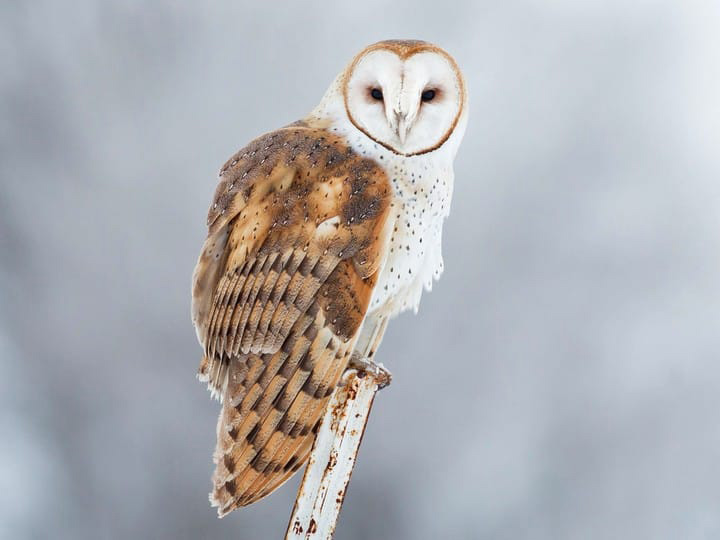Albert Einstein once said “I have no special talents. I am only passionately curious.”
People who are curious about science can participate in four public events at McGill campus starting Friday, May 11, and ending Sunday, May 13. It’s all part of the province-wide 24 Hours of Science event.

The 13th edition of 24 Hours of Science will see some 300 science activities in 17 regions across Quebec, reaching between 30,000 to 40,000 people of all ages.
24 Hours of Science is an initiative of “Science pour tous,” a Quebec non-profit which brings together 250 organizations in technology and innovation, including museums, associations, and science-based organizations. “Science pour tous” is funded by the Ministère de l’Économie de la Science et de l’Innovation du Québec, Quebec’s Ministry of Economy, Science and Innovation.
On top of the scheduled activities, the event has seen its share of unplanned, but educational, twists. “A new species of insect was discovered during one of our activities,” says Perrine Poisson, the Coordinator of 24 Hours of Science. “A cardiac surgeon was supposed to give a tour of the operating room. A patient arrived unexpectedly in emergency and gave her consent, so participants watched her operation from the student’s observation room while the surgeon explained the procedure step by step. 24 Hours of Science is full of surprises.”
Once again, McGill is taking part in 24 Hours of Science. Please note that people should follow the link and register for each event.
- Find out more about the emerald ash borer and what the City of Montreal is doing to protect the urban forest on Mount Royal on Friday at lunch at A Walk and Talk with Les Amis de la Montagne.
- Get up close and personal with live owls on Saturday afternoon during Birds of Prey Dayat the Redpath Museum
- Also on Saturday, don your lab coat and take part in exciting experiments at Discover Chemistry
- Locate fossils and minerals in surprising and secret places in downtown Montreal on Sunday afternoon on the The Fossil Walk
There are also 24 Hours of Science presentations in Montreal schools, the fruit of a collaboration between BrainReach, and the Centre for Research on Brain, Language and Music (CRBLM), both based at McGill.
Eighteen student volunteers from Montreal universities will give workshops on language and music in six local public schools using the BrainReach workshop template.
BrainReach/ Mission: Cerveau is an award-winning, not-for-profit, community outreach program managed by graduate students in the Integrated Program in Neuroscience that provides fun, interactive neuroscience-based workshops to young students at the elementary (Grade 4) and high school (Secondary 3) level in under-resourced neighbourhoods around Montreal.
The Centre for Research on Brain, Language and Music – CRBLM – is a strategic research group with an interdisciplinary focus on language, music, and their intersection, and includes members from all four Montreal universities.
“In our BrainReach workshops we use cow brains, microscopes, and even Skittles to talk to students about the science of the brain,” says Anastasia Sares, a PhD candidate with CRBLM and this year’s president of BrainReach’s Elementary Division. “The idea is to make science fun and accessible using the interactive BrainReach teaching model we have created. The kids come up with fun and interesting questions which we try to answer – such as “Are there bones in the brain?” and “Why is it so squishy?”
